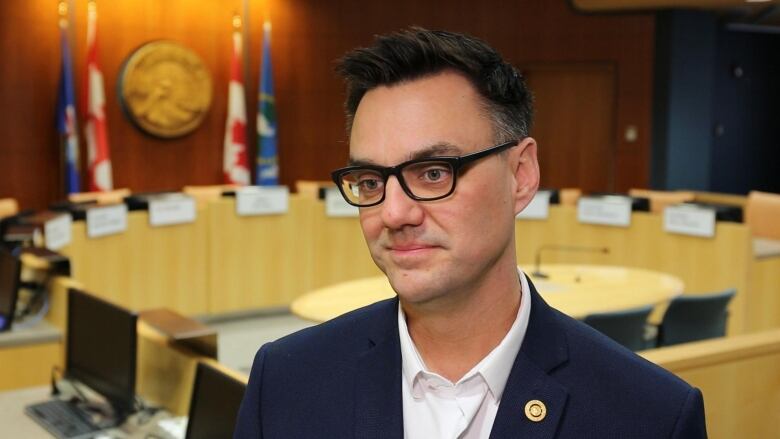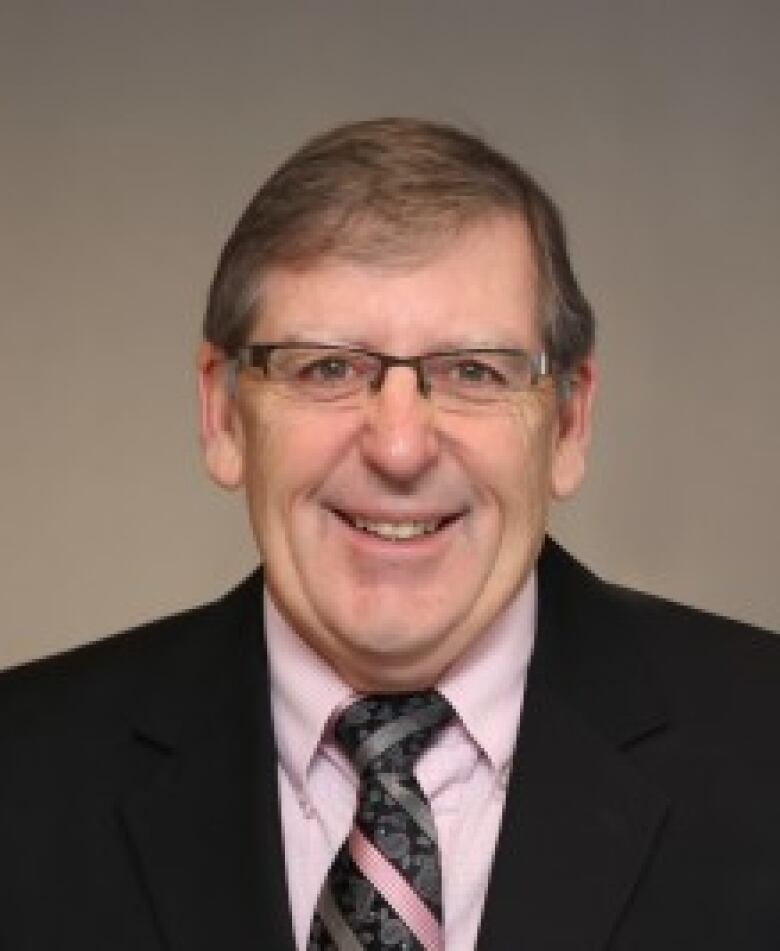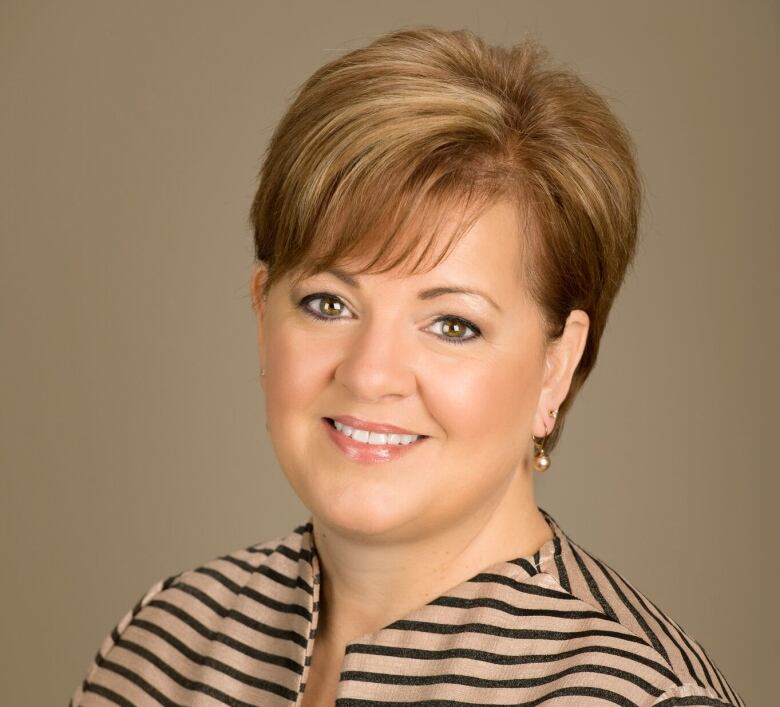Peace Country mayors urge prime minister to intervene in provincial trade dispute
'Because it is a battle of the provinces, the municipal governments get attached to that back and forth'

Municipalities along the northern Alberta-B.C. border are calling on Ottawa to end an escalatingtrade disputebetween the two provinces, as both governments wrangle for theupper hand.
- Alberta government boycotts B.C. wine
- Premier Horgan tells Alberta to end 'threatening position' boycotting B.C. wine
Alberta Premier Rachel Notley on Tuesday declared a provincial boycott on B.C. wine, in response to news the B.C. government was slowing theKinder Morgan Trans Mountain pipeline expansion with itscall to review oil-spill risks.
In response, B.C. Premier John Horgancalled on Alberta to end its "threatening position" and said his government will respond to the boycott, though he did not specify how.
Grande Prairie: 'It's unfortunate'
Grande Prairie MayorBill Givensaid the dispute places Peace Country municipalities in an awkward position.
The region spans Alberta'snorthwestern quarter and reaches into the B.C. Rocky Mountains, to Dawson Creek and Fort St. John.
Communities in the region rely on each other for trade, Given said. Oil and gas, along withagriculture and forestry, form its economic backbone, he added.
"Certainly being this close to the British Columbia border, we recognize that our friends and neighbours in Fort St. John and Dawson Creek understand the importance of natural resource development," Given said.
"I would suggest that the opinion of B.C. residents is not exclusively opposed to pipelines."
- Grapes of wrath: B.C. reacts to Alberta's wine boycott
- Sour grapes:Albertansreact to boycott of B.C. wines
Notley's decision to boycott B.C. wine likely won't be felt by workers on Alberta's side of the Peace region, Given added.
"I think that was a strategic decision by the province of Alberta to do something that Albertans wouldn't notice but would have a targeted impact in British Columbia," he said. "It's unfortunate that it would come to that because, as Canadians, we want to ensure that all kinds of businesses are successful.
"This is the kind of thing where we need both provincial governments and the federal government to take a leadership role."
Dawson Creek: 'It's disappointing'
Across the border, in Dawson Creek, Mayor Dale Bumstead said workers in the region will suffer if tensions between the provinces isn't eased.
"It's very tough for Dawson Creek because we're about 15 kilometres from the Alberta border and so our community trades heavily with our neighbours in Grande Prairie and in Edmonton," Bumstead said.
"We get the importance of the energy sector and the development of that energy for the benefit of not only our community and our region, but the province and the country."

Dawson Creek, a city of about 13,000 people, trades more west-to-east withAlberta than it does north-to-south with other cities in B.C., Bumstead said.
Much of the trade relies on natural resource extraction, he added.
"Honestly, it's disappointing when we see the dispute that's going on between British Columbia and Alberta in terms of the impacts that that can have on all of us," he said.
"For the folks in Vancouver who don't understand the impacts of how significant this sector is, it's difficult for them to appreciate that."
In a statement released Tuesday, Horgan said B.C. has the right to consult with its citizens about how a pipeline expansion could affect the environment.
Bumstead said he supports the premier's environmental stance, but added it needs to be balanced with economic interests.
"We really are impacted by responsible resource development," Bumstead said. "We're very supportive of it.
"We want it done.We want it done responsibly.We want it done safely."
Fort St. John: 'We get both sides'
Provincial and national decisions about resource extraction and development trickle down to Peace Country municipalities that depend on the energy industry, said Lori Ackerman, mayor of Fort St. John, B.C.
The city of about 20,000 people relies on small and medium-sized energy contractors tobring in jobs and social investments, she said.

Ackermansaid she worries the B.C. government's handling of theKinder Morgan Trans Mountain pipeline expansion could deter or drive away some of those contractors.
"This really does impact our ability to grow in a sustainable way because although we are predominantly natural gas, people do put oil and gas together when they make decisions," Ackerman said.
"It concerns us that there is this battle going on between the two provinces," she added.
"This should not be a battle of the provinces, and because it is a battle of the provinces, the municipalgovernments get attached to that back and forth."
Municipalities in the B.C. Peace region are jurisdictionally British Columbian, Ackerman said, but are culturally, economically and geographically attached to Alberta.
"We get both sides of the argument," she said, adding that the prime minister needs to intervene to protect municipalities like hersthat are caught between the two sides.
We need the federal government to step up and do their job and defend the national interest.- Lori Ackerman, Mayor of Fort St. John, B.C.
"We need the federal government to step up and do their job and defend the national interest," Ackerman said.
"The reality is, this back and forth between the provinces needs to end," she added.
"And it is not just that the Alberta government has to step back on the boycott on the B.C. wine because proportionatelythat is an insignificant boycott, to be brutally honest, when you look at getting the oil to market.
"We just need to have cooler heads and leadership."












_(720p).jpg)


 OFFICIAL HD MUSIC VIDEO.jpg)
.jpg)



























































































